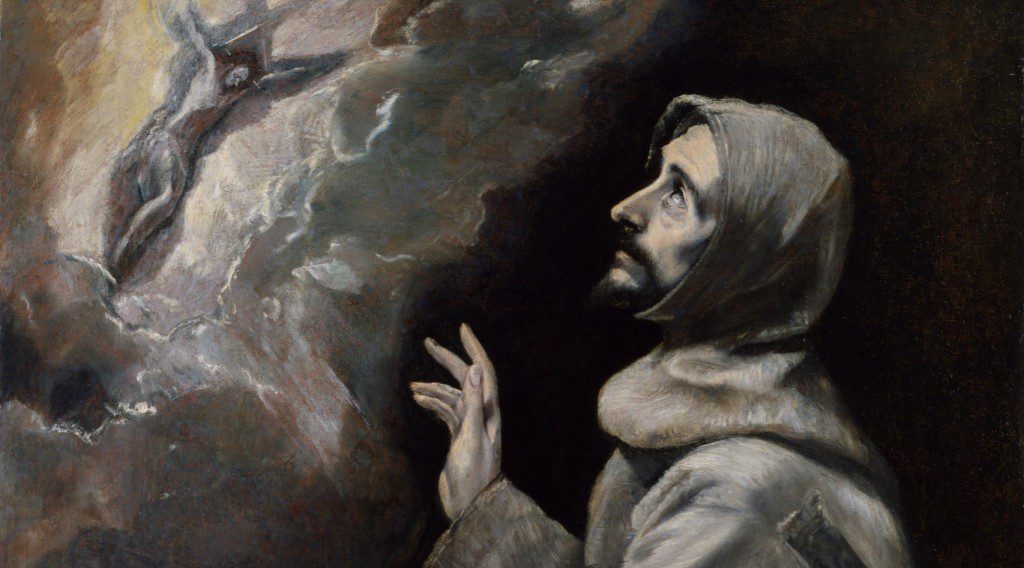There is a prayer said by the Roman Catholic priest before he receives the Holy Eucharist, the Flesh and Blood of Jesus Christ, usually muttered so quietly that the congregation cannot hear. I’ll give you the version from the New Translation, because its awesome, you’re awesome, and thus you and the New Translation are going to get along dandily: “May receiving your Body and Blood, Lord Jesus Christ, not bring me to judgment and condemnation, but through your love and mercy let it be my protection in mind and body, and a healing remedy.”

This prayer is beautiful because it is frightened. It is awesome because it is awestruck. The priest is begging that he be made worthy for the sacrament, but the prayer also admits a rather breath-taking truth: If the Eucharist is not the amazing gift we say it is, than it is the most hideous blasphemy practiced on this earth. If we truly believe we are eating God, and we are wrong to, then we are the worst kind of blasphemers.
Christ was very clear when He told us, “this is my body,” and we Catholics take Him at his word. Apparently we trust this Jesus guy. But in obeying our Lord at every Mass, and receiving the Holy Eucharist, we often forget just how bizarre and radical the whole idea is. The truth is that Catholics can never be ‘fit into’ modern Christianity, for no matter how socially acceptable the prayer, music, Scripture, or declarations of faith in the Liturgy, we will always wrap it up by eating God. In case there is any wonder of what that actually means: We chew Him with our teeth, break Him down with our saliva, absorb him through our tongues, swallow Him, where he is soaked and pulled apart in our stomachs, and distributed into our blood and body. We are often accused of cannibalism. It is one of the few accusations that I like.
For we who chew on the flesh of the son of Man (In John 6:54-58, the Greek word used for “eat,” “trogo,” means literally to “chew” or to “gnaw.”) there is no doubt of whether we really, truly receive Him – why would we doubt Christ? – but there should always remain the slight fear that we will be smited, razed to the ground for our blasphemy. There’s always the prayer, “Let it not bring me condemnation…” And I believe there’s great value in restoring the sense of the inappropriateness of the Mass. If you cannot view it in its fullness, the next best thing is to view it as if you stumbled upon the event in a hidden grove, as if you spied on a secret rite. If you cannot return from recieving the Eucharist with the words, “Lord, could such beauty be possible?” on your lips, the next best thing is to whisper, “Good Lord, could this possibly be allowed?” Because the truth Jesus Christ professes is shocking; it must either be rejected as ludicrous or accepted as incredible, but woe betide the man who works to accept it as boring.

There was no boring acceptance in the crowd Jesus instructed, when he laid before him the world’s most maddening ultimatum: “Unless you eat my body and drink my blood, you shall not have life within you.” There was no recording of a group of men who realized that it was all just a symbol, nodded politely, and stayed. There were those who stayed, and those who left. And I have sympathy with the the crowd who left Christ that day. They stumbled upon a declaration so bizarre and seemingly blasphemous; they must have thought the earth would swallow the man whole. But Christ did not rephrase his words, he did not say, “Wait, come back! I was being metaphorical!” No, he repeats himself. “Eat me and live,” he says. And they leave. He turns to his disciples and asks them – I imagine with eyes blazing and face flushed – “do you want to leave me too?”
Note Peter’s response. It is not,”Oh yeah, Jesus, chew your flesh, we get it, makes sense.” It is the prayer of the priest. It is trembling faith in the person of Jesus Christ. “To whom shall else we go? You have the message of eternal life.” Peter holds Christ to his word. What else can he do? The people that stayed did not stay out of understanding, though that would come later. They stayed out of their radical trust in Jesus Christ. What awestruck reverence we would give the sacrament if we approached with this thought, “I am about to commit what would be the ultimate blasphemy, the eating of God, if it were not demanded by the only person with the power to allow such a thing; God Himself. And thus I receive His Flesh and Blood with fear and trembling, aware that Christ loves me so intensely that he would humble himself, even to the form of simple bread and wine, to dwell within me and I in Him.”
And that’s what we Catholics offer the world; the controversial view that Jesus Christ meant what He said. To a world obsessed with blaspheming God in every new and boring way possible, we present the one blasphemy God has allowed us, the beautiful contradiction, the terrible humility of our God. He, truly present in the Holy Eucharist, is our fierce pride and passion. And so we do things like this, and it’s awesome.











